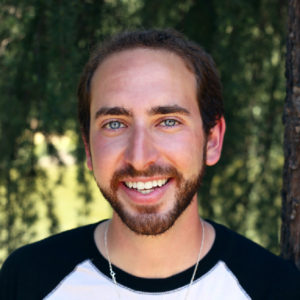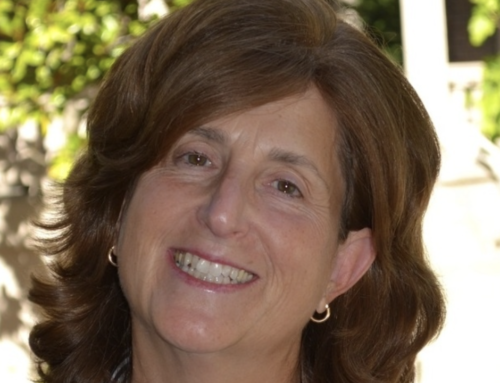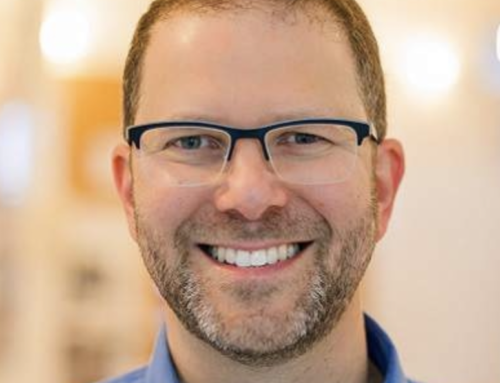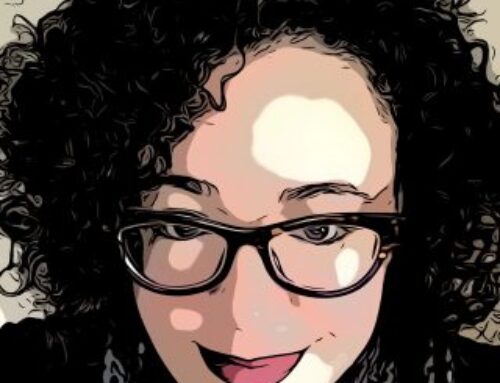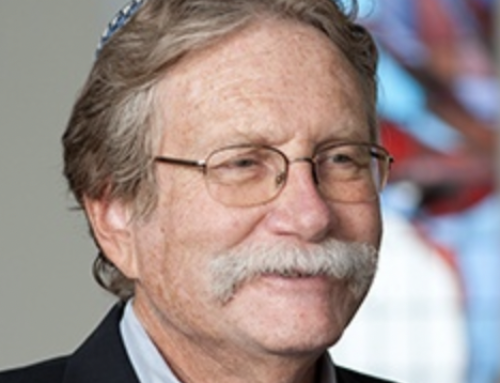Though we haven’t traveled very far, we’ve all been on quite a journey this year and as we approach a second Passover during the pandemic, the Jewish calendar gives us yet another opportunity to reflect on our journeys this past year, as we reenact our first journey as a people.
In the Talmud, we learn about a journey taken by Rabbi Yehoshua ben Chananya who once found a child sitting at a fork in the road. The child said, “This one is shorter but longer. The other road is longer but shorter.” Rabbi Yehoshua took the shorter longer road, but soon found his way blocked by gardens. He went back and admonished the child saying, “didn’t you say this was the short road?” The child replied, “But didn’t I also tell you it was long?” (BT Eruvin 53b)
How often do we choose one path assuming it is a shortcut assuming we can just figure it out as we go, only to be forced to backtrack later or start anew. Our preparations matter, and the skills we learn along the way equip us for anything we may encounter in the future.
When the people of Israel leave Egypt we learn that God led them on a roundabout route through the wilderness rather than a direct path (Ex. 13:17-18). God took them on the long-short road! The Torah says the people of Israel were “Chamushim,” “armed.” What were they armed with? They were equipped with their experiences, stories, memories, and a renewed sense of self, to carry them through towards their destination.
On this journey that we’ve been on this year, one we thought would be short but turned out to be very long, we have lost too many along the way. But now that we are here, what have we gained from the journey? What have we learned about ourselves and our communities, about determination and resilience? As we enter the holiday of Passover and this new season of Spring and regrowth,may we internalize these lessons, hold each other close, and together envision what the future will hold.
